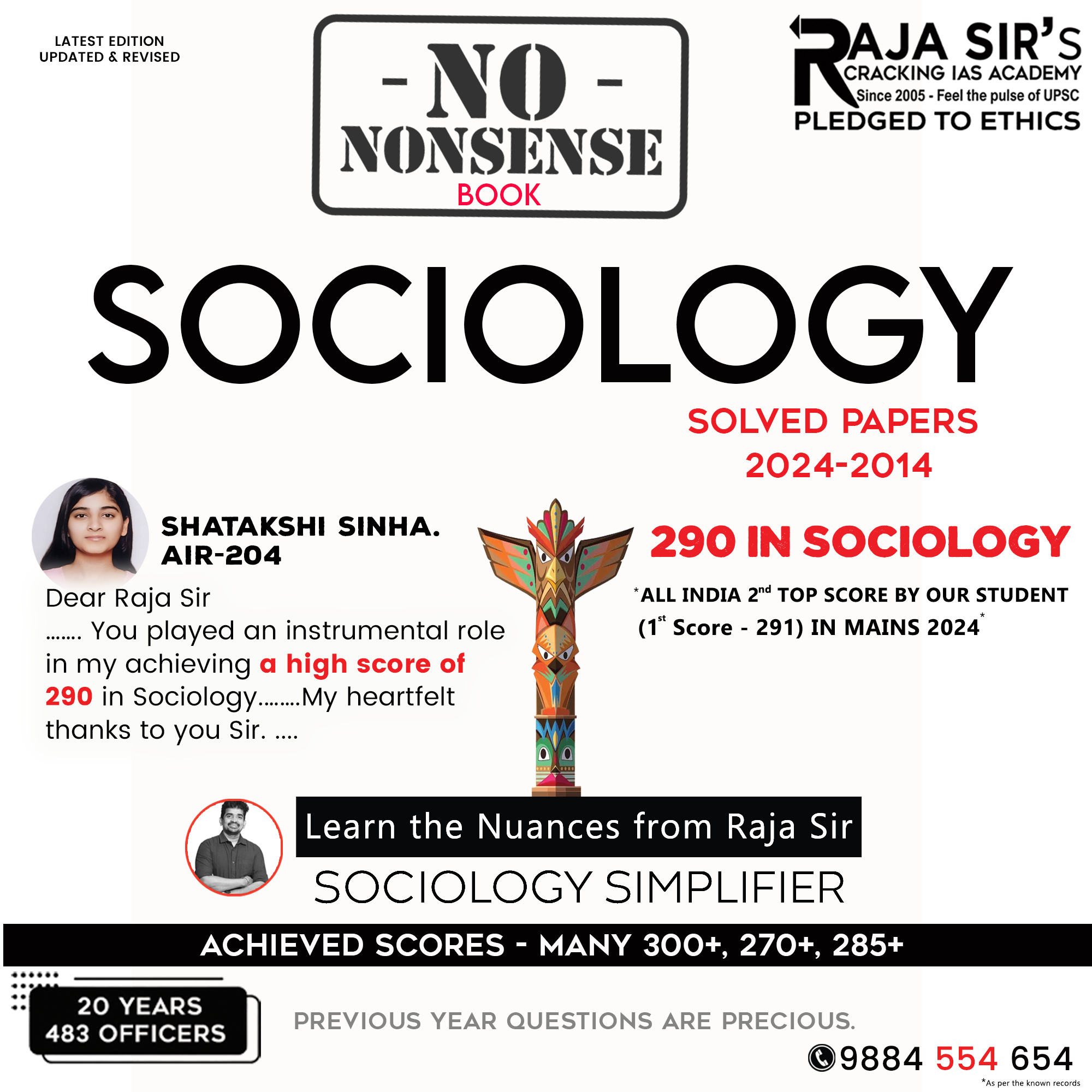- Home
- Prelims
- Mains
- Current Affairs
- Study Materials
- Test Series
Comment on the social base of political parties in India. [Sociology - Mains Daily Answer writing Practice (10 Marks) - Paper 2]

The social base of political parties in India refers to the distinct societal groups—defined by caste, religion, class, region, and identity—that support and shape the character of various political parties.
Social Bases Influence Party Politics
- Caste: Caste remains a powerful determinant of political allegiance. Parties like BSP and SP have built their entire platforms around caste mobilization.
- Religion: BJP appeals to Hindu nationalist sentiments, while Congress and regional parties often attract minority communities.
- Class: Left parties traditionally mobilized the working class and peasants, though their influence has waned.
- Region: Regional parties (e.g., DMK, TMC, SAD) thrive on linguistic and cultural identity, often opposing centralization.
- Youth & Middle Class: AAP and BJP have gained traction among educated urban youth, especially through digital outreach and governance promises.
|
Political Party |
Primary Social Base |
Ideological Leanings |
|
Bharatiya Janata Party (BJP) |
Upper castes, urban middle class, business class, youth, Hindu nationalist groups |
Right-wing, cultural nationalism, pro-market |
|
Indian National Congress (INC) |
Minorities (Muslims, Christians), Dalits, Adivasis, rural poor, older generation |
Center-left, secularism, social democracy |
|
Bahujan Samaj Party (BSP) |
Dalits, marginalized castes, lower-income groups |
Social justice, Ambedkarite ideology |
|
Samajwadi Party (SP) |
OBCs (especially Yadavs), Muslims, rural communities in Uttar Pradesh |
Socialist, caste-based representation |
|
Communist Parties (CPI, CPI(M)) |
Industrial workers, peasants, intellectuals, urban poor |
Marxist-Leninist, class struggle, anti-globalization |
|
Aam Aadmi Party (AAP) |
Urban middle class, youth, civil society activists |
Anti-corruption, participatory governance |
|
Dravidian Parties (DMK, AIADMK) |
Tamil identity groups, lower castes, regional pride |
Regional autonomy, social justice |
|
Trinamool Congress (TMC) |
Bengali identity groups, rural poor, women |
Populist, regional autonomy |
|
Shiv Sena |
Marathi-speaking population, urban working class in Maharashtra |
Regional pride, Hindutva |
The consequences are both functional as well as dysfunctional. It is functional for the group to which the political party belongs to but may not be so for others. It leads to the strengthening of democracy as people used their right to choose their leaders. In a diverse society such as India with diverse social bases, many parties have come to power. But, most of them had either limited impact or no long term impact. For e.g. BSP came to power on Dalit issues but it had no broad bases economic policy or ideology for others which Gail Omvedt has referred to as “Vague ideology”. Another important consequence is that these parties strengthen the various identities which people have. Caste based parties strengthen the caste sentiments without strengthening the caste system as a whole. This creates more differences in the people and effects the national integration.










 Latest News
Latest News

 General Studies
General Studies